PATHOGEN INACTIVATION
Provide Operational Benefits
The INTERCEPT™ Blood System helps to realise significant operational efficiencies at many steps of the transfusion chain
 Donor selection
Donor selection
Enhancing Safety, Reducing Donor Deferrals
Donor selection aims to compensate for the window-period associated with existing screening tests and should reduce the risk of emerging/(re-)emerging pathogens, for which blood centres might not yet have a screening test in place. The spread of (re-)emerging pathogens has increased travel related donor deferrals which might have a negative impact on donor retention and short- and long-term blood availability. Efficiency of donor selection is also very dependent on how accurate the donors are in disclosing e.g. risk behaviour. The INTERCEPT™ Blood System enables to relax donor deferral criteria for apheresis collections.

 Donor testing
Donor testing
Simplifying Blood Safety and Reducing Costs
Blood centres have implemented a broad panel of infectious disease testing to maintain safety of the blood supply. The panel which continues to grow over the years, as new blood safety challenges appear on the horizon. This reactive approach continues to increase complexity and cost. The INTERCEPT™ Blood System might allow blood centres to obsolete some of those tests (e.g. CMV-testing) or avoid the introduction of new donor tests (e.g. WNV).
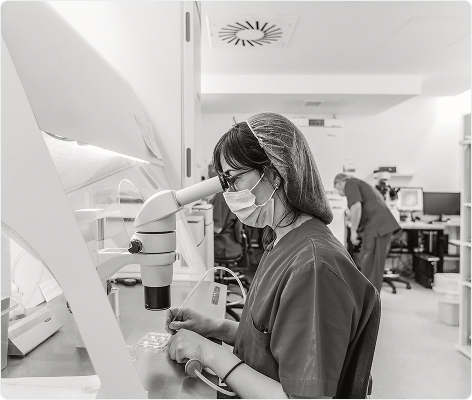
 Collection methods
Collection methods
Enabling Safer Cost-Effective Platelets
Historically, apheresis platelet concentrates were preferred over whole blood derived platelets to limit the donor exposure risk for patients, reducing the risk for transfusion-transmitted bacterial infections (TTBIs). As the INTERCEPT™ Blood System mitigates the TTBI risk associated with whole blood derived platelets, blood centres can shift their collection mix towards whole blood derived platelets which can be produced at a lower cost.
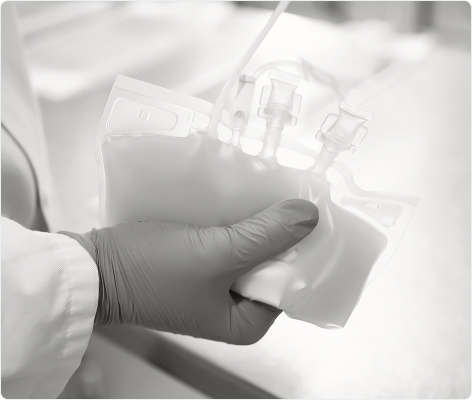
 Component processing
Component processing
Maximising Efficiency in Blood Processing
Maintaining supply continuity requires sometimes doing ‘more’ with ‘less’. As the INTERCEPT™ Blood System significantly reduces the donor exposure risk, it enables also new innovative component processing methods with increased buffy coat pool sizes. The INTERCEPT™ Blood System for platelets enables the production of two pathogen inactivated whole blood derived platelet concentrates with one pooling step. The INTERCEPT™ Blood System for plasma enables the production of 6 therapeutic units of plasma by only pooling 5 units of whole blood derived plasma units and enables blood centres to send additional plasma for fractionation.
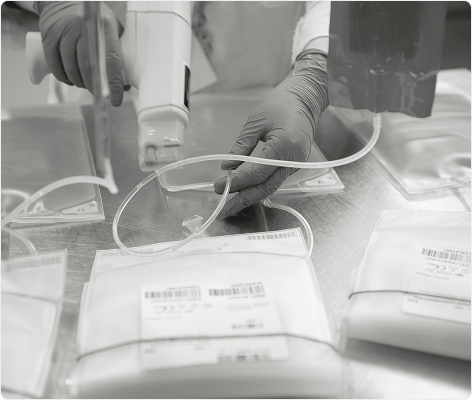
 Inventory management
Inventory management
Simplifing Blood Component Inventory Management
The storage of blood components with a short shelf life (platelet concentrates) might become complex as different blood groups, CMV negative units and need for irradiated units quickly result in a high amount of stock keeping units. In the case of therapeutic plasma, maintaining months of inventory with a long shelf life is blocking a serious amount of working capital which might be at risk when a new (re-)emerging pathogen threatens the blood supply. With the INTERCEPT™ Blood System inventory management can be simplified, as no separate stocks of CMV neg. or irradiated platelets nor months of inventory of therapeutic plasma would be required to maintain blood safety.
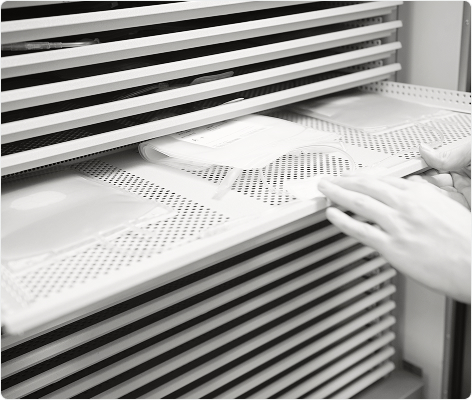
 One Pathogen Inactivation Solution
One Pathogen Inactivation Solution
Maximising Efficiency in Blood Processing
The INTERCEPT™ process for plasma and platelets can be performed on the same Illuminator platform for optimal efficiency. The high throughput of the INTERCEPT™ illuminator reduces the number of required units and minimises additional space requirements. INTERCEPT™ processing sets allow preparation of two platelet concentrates and three therapeutic plasma units at once, which significantly reduces the number of required procedures and additional workload.
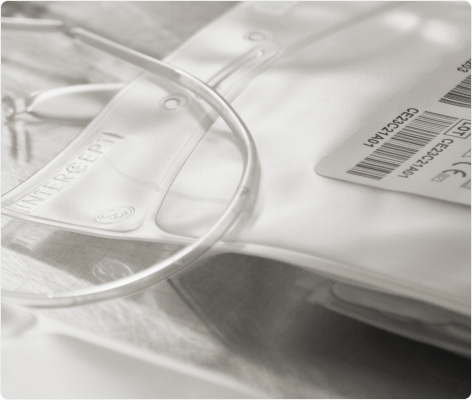
You may also be interested in
There is no pathogen inactivation process that has been shown to eliminate all pathogens. Certain non-enveloped viruses (e.g., HAV, HEV, B19, and poliovirus) and Bacillus cereus spores have demonstrated resistance to the INTERCEPT™ process. For a full list of warnings, precautions for use and pathogens inactivated, please refer to the Technical Data Sheet and Instructions for Use found in the resource section of this website.


